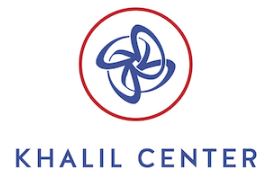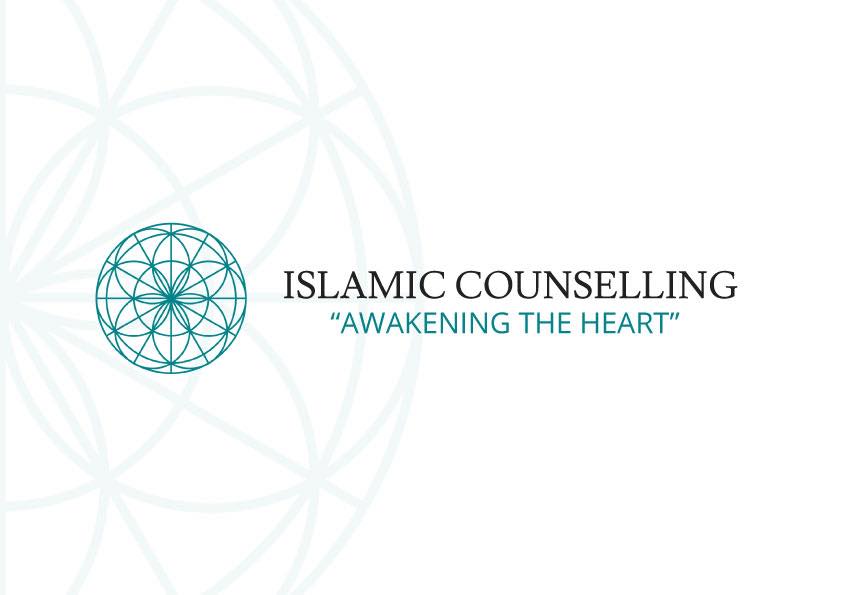Work In Progress

Work-In-Progress (WIP)
Our Work-in-Progress (WIP) program provides guidance and mentorship to early career researchers. Our Work in Progress Program is designed to cultivate and support such work. Graduate students, fellows, and junior faculty will be provided with an opportunity to present their work over Zoom to our group of core faculty and trainees. The forum is a safe, private space for investigators to receive constructive methodological, theoretical, and subject matter feedback. We welcome WIP presentations at various stages from generating aims to interpreting results of the analysis. If the work is already published, then it’s no longer “in progress”.
The core faculty brings diverse methodological and subject matter expertise and is invested in the success of your work. Core faculty have extensive experience in grant and journal peer review. Your work and presentation will not be shared with others outside the meeting.
Time: 1st Tuesday of each Month 4 pm EST
Platform: Zoom
WIP Format:
1. Present ongoing work or proposal (NOT allowed to present work that is already completed except as a background or pilot to a new proposal).
2. Presentations should consist of 5-12 slides and include:
a. Background (targeting mental health researchers, no more than 3 slides)
b. Goal for the WIP (grant proposal, develop aims, feedback on the design, etc. 1 slide)
c. Research question(s) (1 slide)
d. Aims (1-3 slides)
e. Methods (3 slides for methods plus 2-3 optional slides for preliminary data)
WIP Archive:
Venous Mahmoodi, Ph.D.- Perinatal experiences of U.S. Muslim women
Sobia Ali, Ph.D.- Attitudes and experiences of sexual health among North American Muslims
Amal Killawi, MSW Ph.D. Candidate- Exploring health-seeking behavior of women with Sexual Dysfunctions/Problems
Maschal Mohiuddin, MD Candidate- Models of delivering Muslim mental health services
Fahad Khan, PsyD- Barriers to seeking mental health services
Ebony Jackson-Shaheed, MPH- Attitudes towards and history of suicide behaviors among American Muslims

Overview
Participants will be able to describe the diverse demographic and cultural diversity across the American Muslim community
Participants will be able to describe the ways Islam and the Muslim tradition may inform explanatory models of mental health, disease, and treatment among the Muslim clientele
Participants will be able to describe and reflect on the specific types of transference and counter-transference experienced in cross-cultural counseling
Participants will be able to describe behavioral interventions and models of delivering care that has been explored in different communities
Registration
The registration fee for this online program is $20.00
Accreditation
Yale Continuing Medical Education is accredited by the Accreditation Council for Continuing Medical Education (ACCME) to provide continuing medical education for physicians. The Yale School of Medicine designates this internet activity for 2.0 AMA PRA Category 1 Credit™. Physicians should claim only the credit commensurate with the extent of their participation in the activity. In accordance with the Standards of Commercial Support issued by the Accreditation Council for Continuing Medical Education (ACCME), Yale CME requires all faculty to disclose any conflicts of interest to ensure CME activities are free of commercial bias..Psychologists, Social Workers, and other mental health professionals may receive Continuing Education credit as per their respective state licensing agency.

Mental Health Professional Referral Network
The Institute for Muslim Mental Health is proud to have the largest network of Muslim Mental Health professionals in the United States. We continue to expand and grow our network and always are on the lookout for additional Muslim mental health professionals. Check out our network by visiting Find a Therapist section on our website.
Organizations
Family Youth Institute
The FYI strengthens and empowers individuals, families, and communities through research and education efforts that promote positive youth development, healthy marriages, effective parenting, and mental health and well being.
Center for Muslim Mental Health & Islamic Psychology
Using the collaborative model, CMMHIP explores innovative ideas to help the greater community expand its reach in mental health using technology adding to the systems that already exist with culturally appropriate services with a stretch goal of also including language appropriate services.
Muslim Wellness Foundation
Our aim is to address the glaring mental health disparities present by engaging community members, health professionals, and religious leaders in conversation to improve mental health literacy, stigma reduction, help-seeking behavior and access to culturally competent services.
Mental Health 4 Muslims
It started with the hopes of providing information about mental health issues that is both clinically supported and Islamically sound. She works with a wide variety of Muslims from different backgrounds and knows firsthand how important such a service is to our community.
Khalil Center
Khalil Center is a psychological and spiritual community wellness center advancing the professional practice of psychology rooted in Islamic principles.
Islamic Counselling
Islamic counselling is centred in the understanding that people matter; as such it is deeply spiritual and therefore personal. There are many different models of counselling, and even different versions of Islamic Counselling, but our Islamic counselling is based on the truth that there is more to human beings than what's on the surface.







